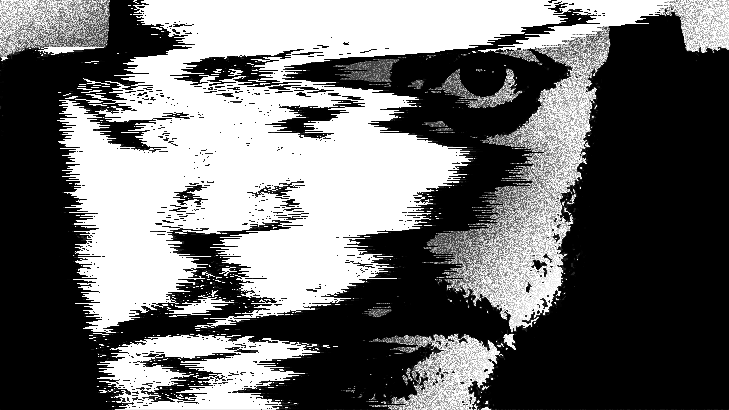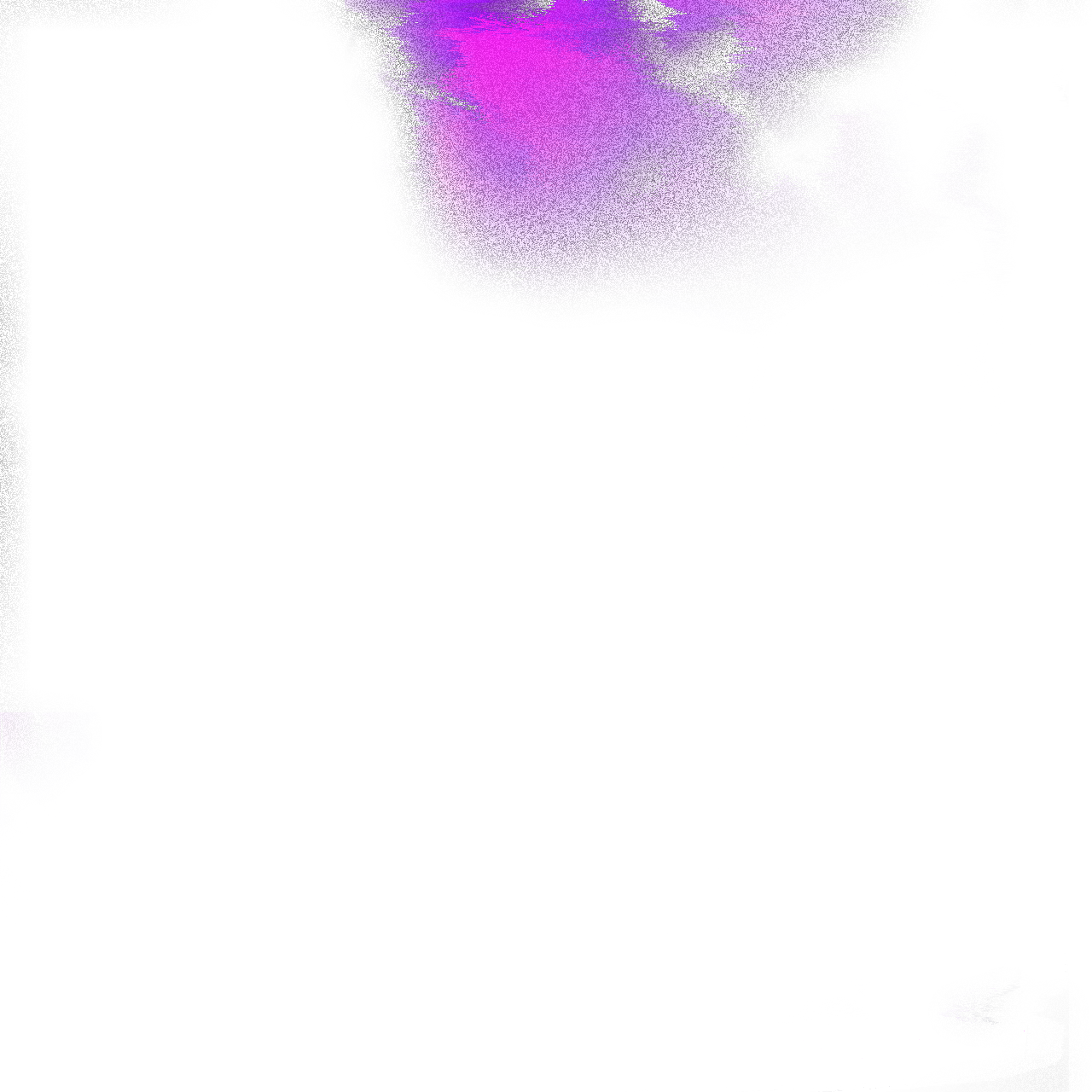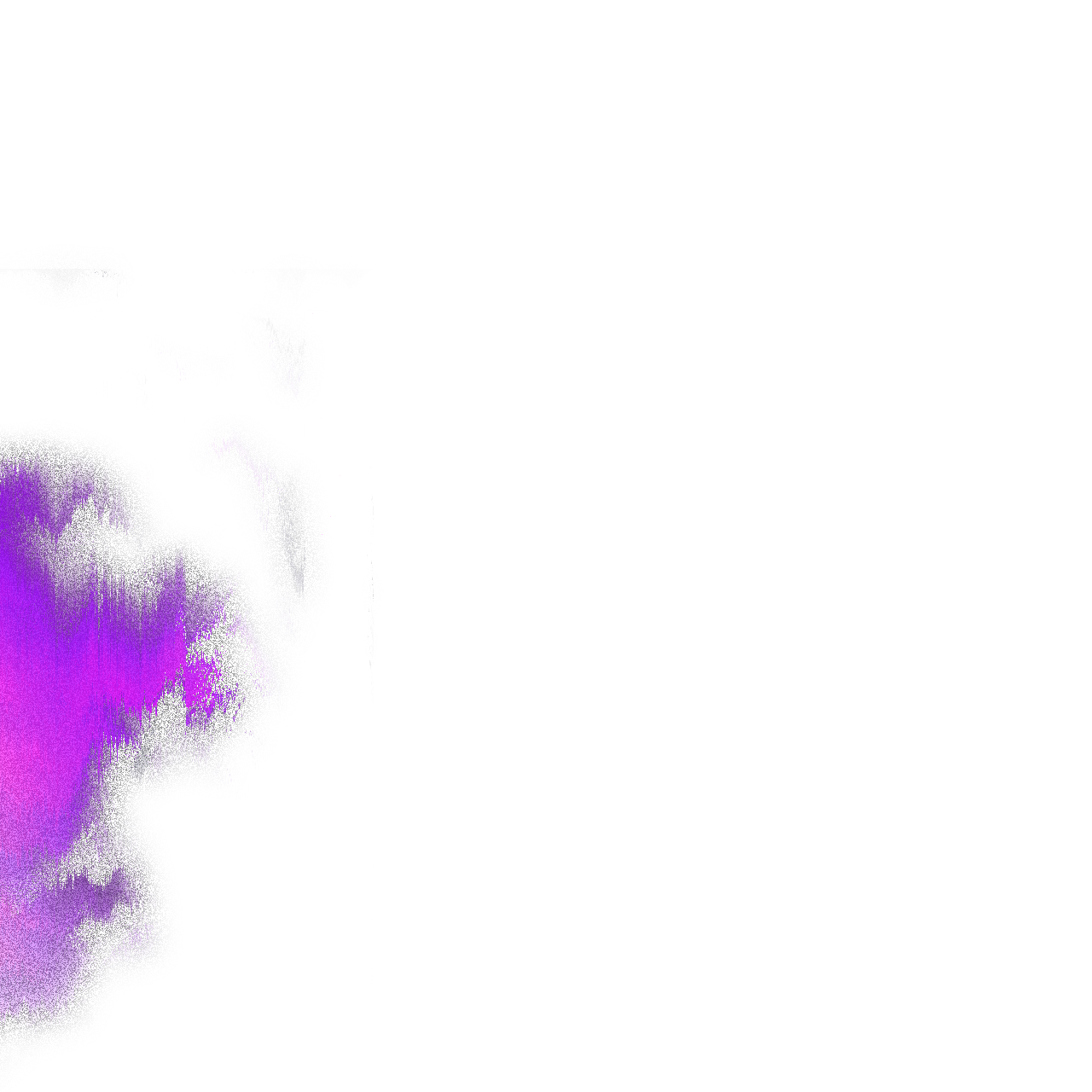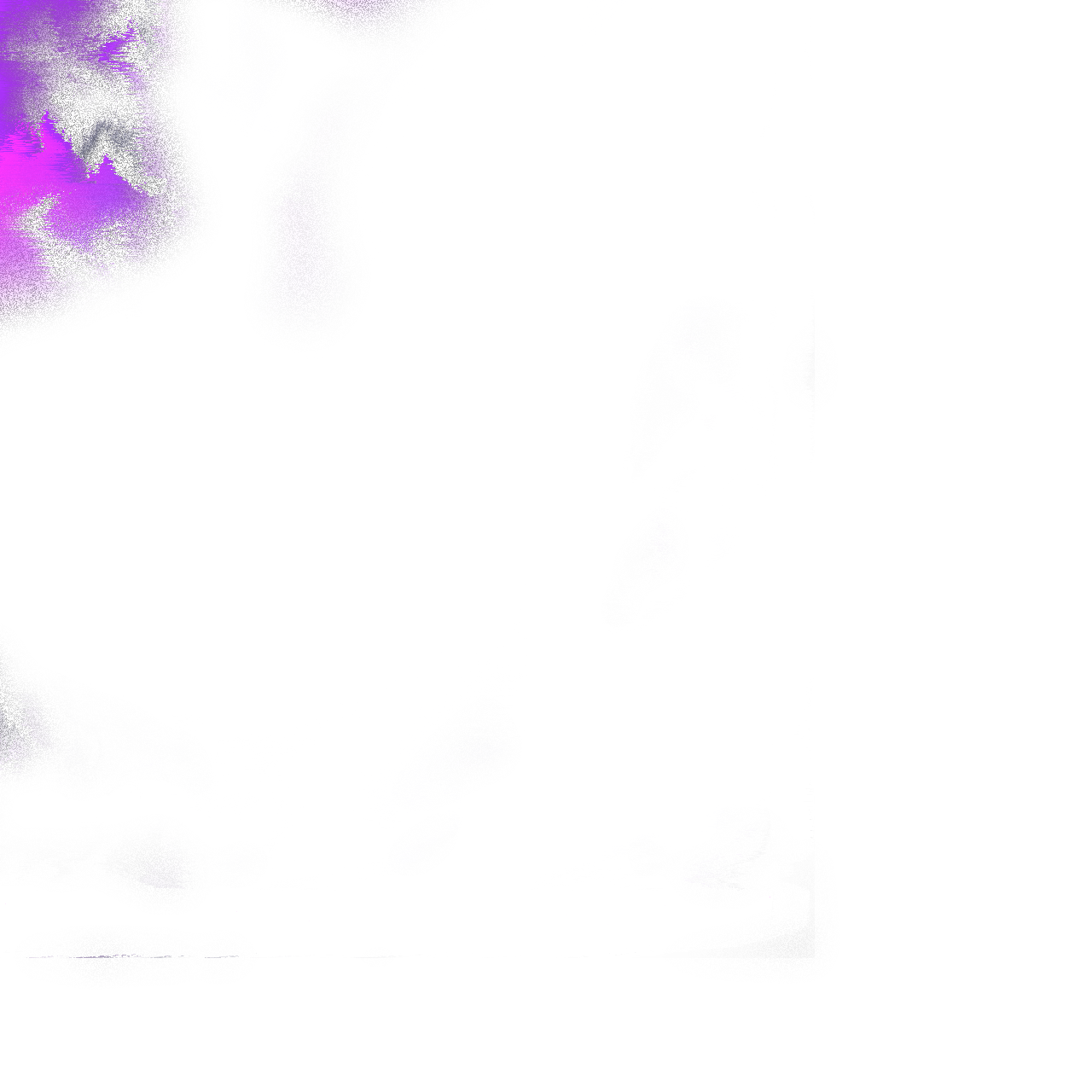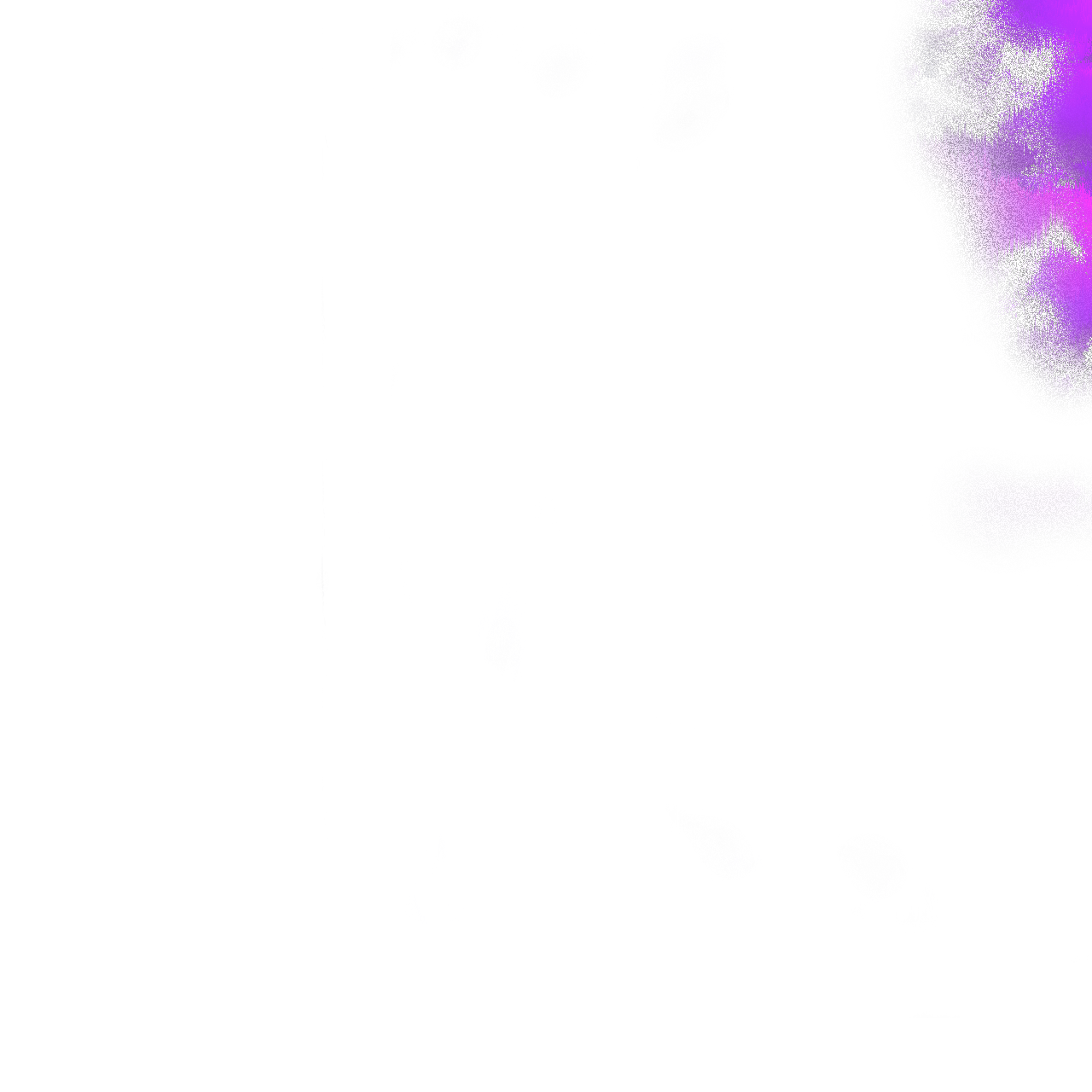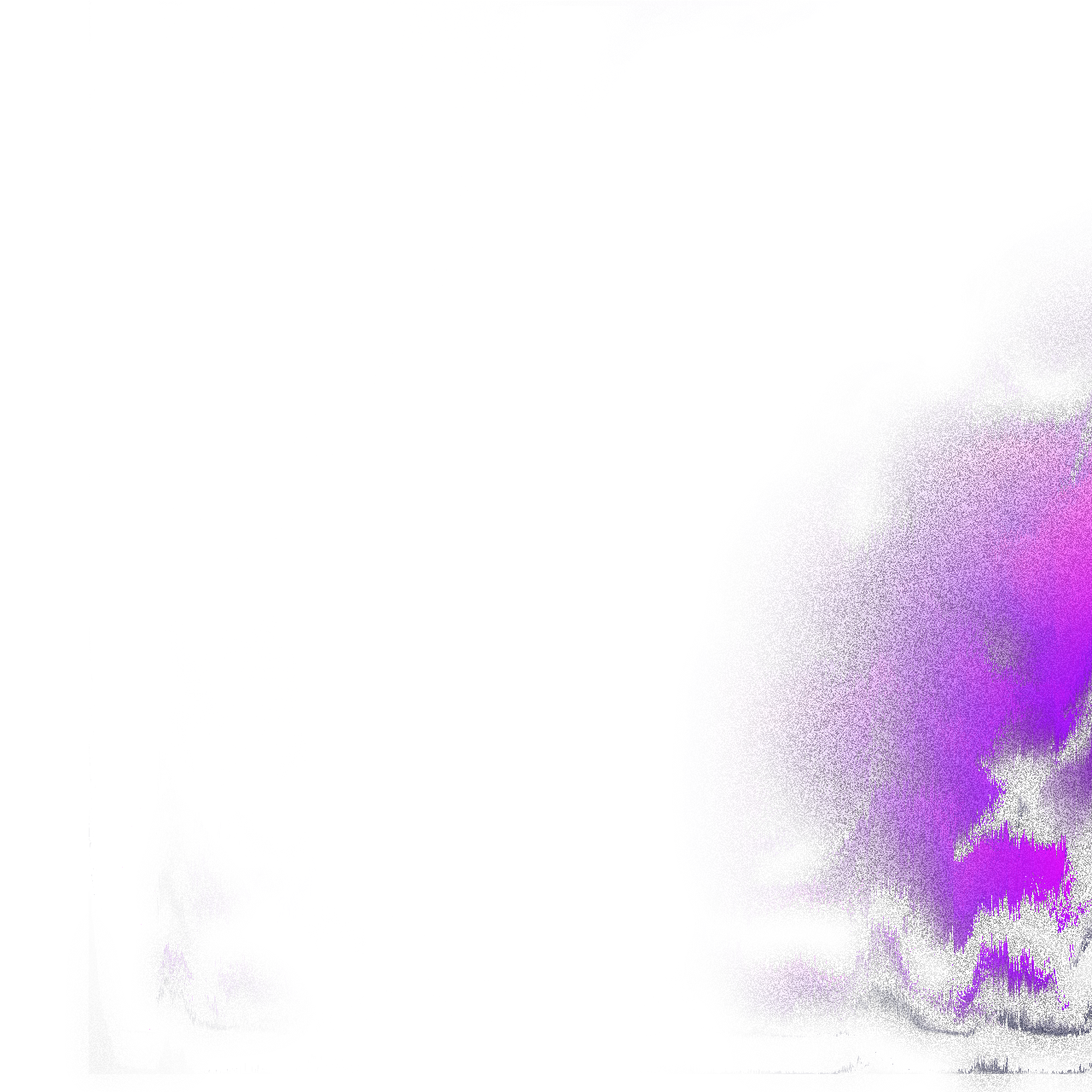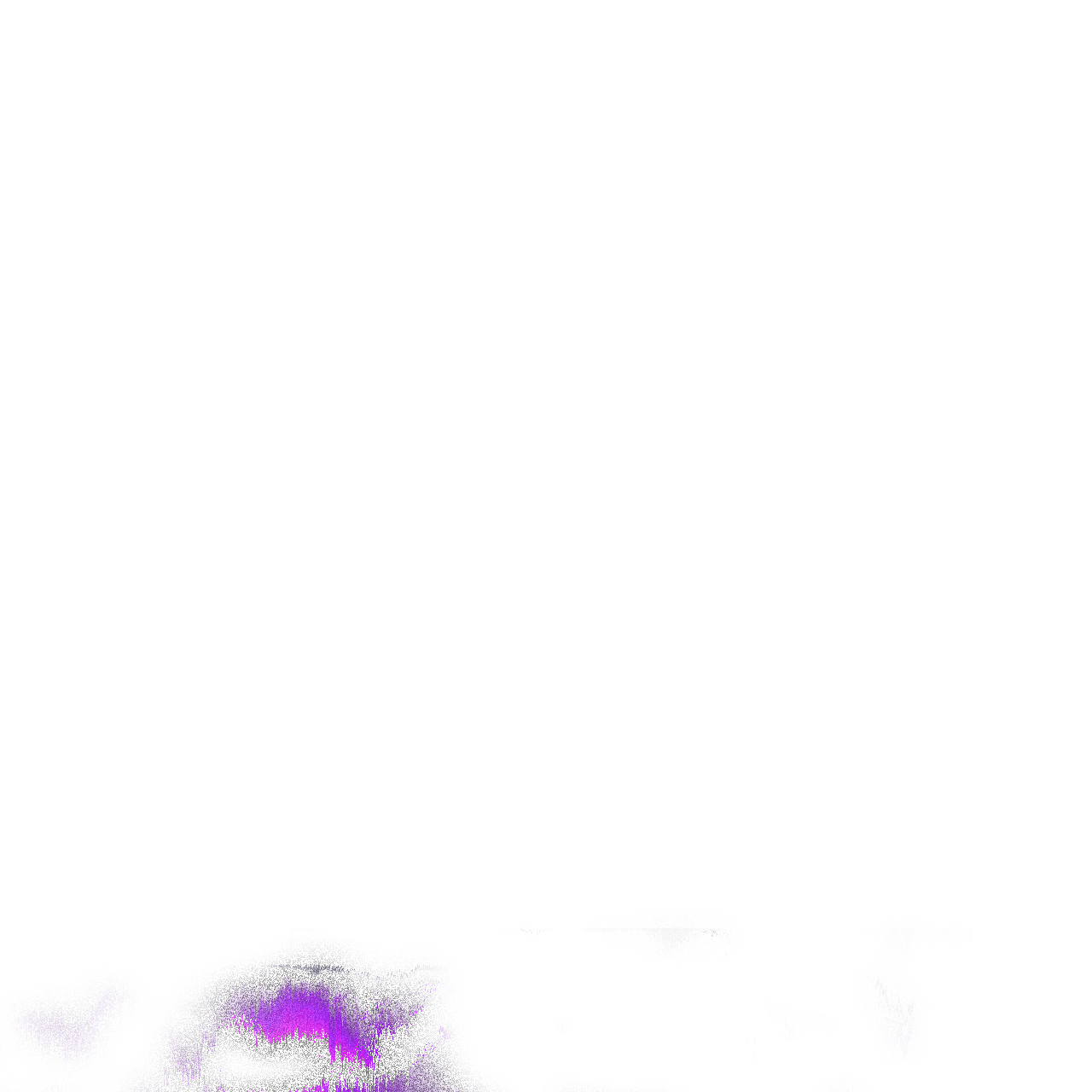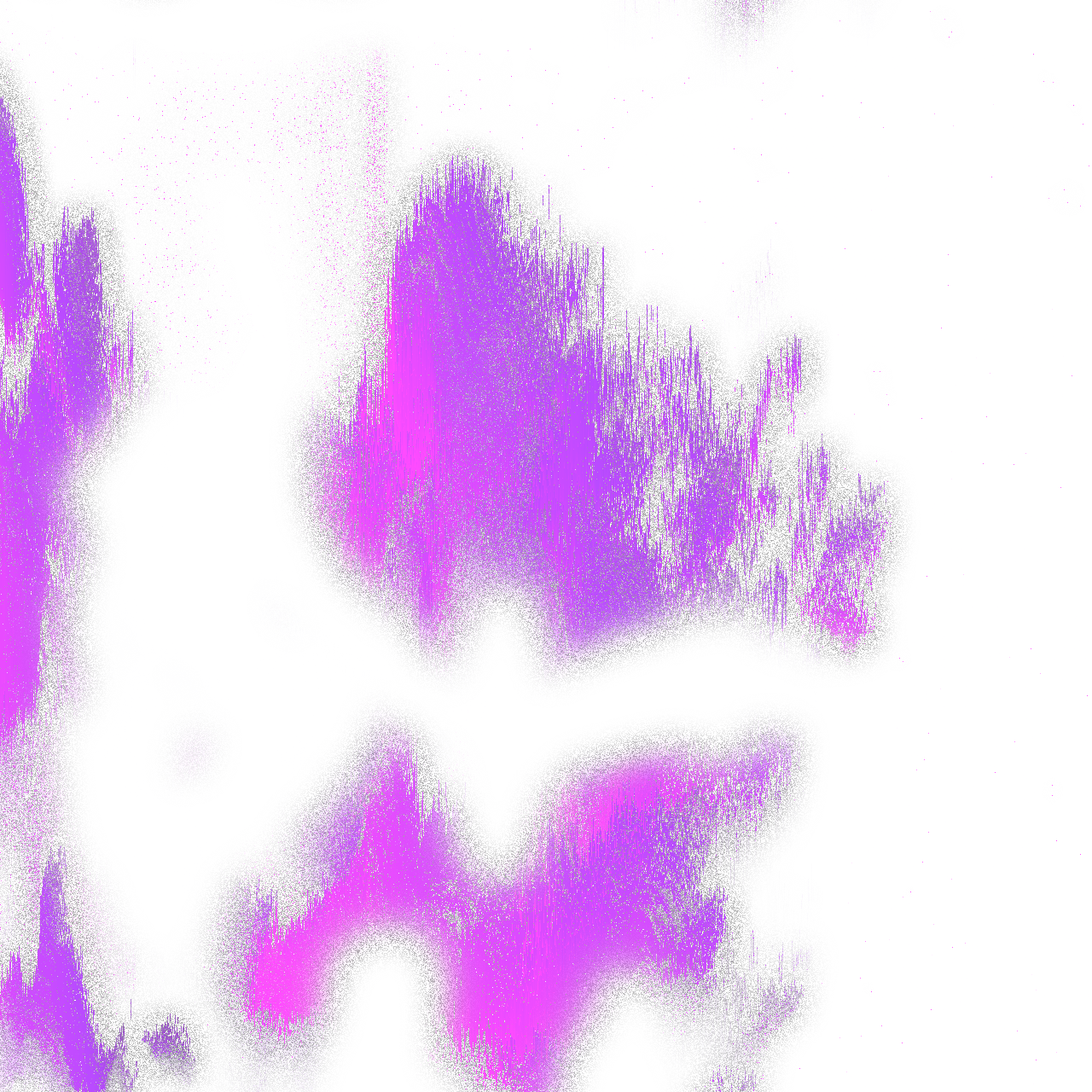andreasqne@gmail.com
CV
portfolio
the design of this website is based on your user agent:
Mozilla/5.0 AppleWebKit/537.36 (KHTML, like Gecko; compatible; ClaudeBot/1.0; +claudebot@anthropic.com)
Disciplinary Practice
Sound art, composition, critical pedagogy
Keywords
Feedback improvisation
Listening towards redress
Transformative practices
Tactile encounters
Sounding relations
Bio
Andreas Kühne, PhD candidate in electronic music and music technology at UMAK, The Arctic University of Norway and KMD, Faculty of Fine Art, Bergen. As a sound artist and composer I am involved in making electroacoustic music, collaborative audiovisual performances and interactive installations that focus on listening positionalities and cross-pollination between improvisatory practices and the milieu.
My work has been exhibited and performed at Tromsø Center for Contemporary Art, Tromsø Museum, Landmark / Bergen Kunsthall, Lofoten International Art Festival (NO), Sonic Acts Festival (NL), HYBRID Biennale (DE), Baltic Circle Festival (FI), Inversia Festival (RU), Lighthouse (UK).
Research Topic
By this research I aim to carefully look into sound as multisensory modes of radical attentiveness and transformative imaginaries to face industrialisation and settler entanglements to human and more-than-human landscapes in Sápmi where the feedback between listening and sounding calls for situated ethical futures.
As a sound artist and scholar, the very technology I engage with are linked to contested mineral prospects in Sápmi. With geopolitical tensions and industrial (green) transition, Europe is turning towards increased mining locally and exposing more areas to renewable energy harvesting. After the Sámi have been subjected to forced relocations and Norwegization policies their livelihoods and traditional reindeer herding continue to be threatened
today by these global forces and what Dr. Eva Maria Fjellheim refers to as "strategic ignorance" [2023].
Research Framework
The lacking politics of listening in my own experience of institutionalised music education led to engaging with the ambiguity of my own relations to place through field recording which informs my experiments with the concept of feedback improvisation.
In learning from current landscapes as a living archive of memories and experiences, more-than-human actors reverberate sounds that contain textures, timbres, pitch and speak of their materiality, agency and surrounding space. In this monstrous correspondence -between bodies,
technologies, materials and place- both sound and listeners involved transform in a process of feedback.
Critical of epistemologies that code fields / territories and the ontological separation between the organized space and the subjected space, the civilized and the primitive, human and nature, feedback improvisation is a process where tactile encounters evoke questions on relational affect, inequalities and bias as a basis for more informed action-driven practices.
It proposes a space of relations and for conversation that does not imply documentation nor sound by default but instead embraces the multimodality and interdependency of our intersecting with the world through improvisation and foregrounds listening as informing actions.
Three references
- Robinson, D., 2020. Hungry Listening. Resonant Theory for Indigenous
Sound Studies. University of Minnesota Press
- Finbog, L.R., 2023. It Speaks to You: Making Kin of People, Duodji and
Stories in Sámi Museums. DIO Press Inc.
- Wright, M.P., 2022. Listening After Nature: Field Recording, Ecology,
Critical Practice. Bloomsbury Publishing
andreasqne@gmail.com
CV
portfolio
the design of this website is based on your user agent:
Mozilla/5.0 AppleWebKit/537.36 (KHTML, like Gecko; compatible; ClaudeBot/1.0; +claudebot@anthropic.com)

